
The gradual increase in the average price of goods and services is known as inflation, and it is frequently characterised negatively. Many associate it with eroding purchasing power and economic instability. On the other hand, there is an alternative interpretation of inflation that contends that controlled and moderate inflation may be advantageous to a nation’s economic system. In today’s blog, I’ll explain how inflation can have positive impacts on a nation’s economic health.

Encouraging Spending and Investment
People are more likely to invest and spend their money when inflation is moderate. People are inclined to invest in assets that will hold or increase in value rather than hoarding money when they believe that prices will rise in the future. This increased investment and spending has the potential to enhance consumer spending and encourage companies to take on new ventures and innovations in order to boost the economy.
Easing the Burden of Debt
The real cost of debt can be decreased by inflation. When you take out a fixed-rate loan, inflation causes the debt’s real worth to fall over time. This implies that the amount that you may be required to repay, after accounting for inflation, may be less, which will facilitate the management of debt obligations by borrowers and the government alike. This can assist in keeping debt from turning into a crippling financial burden.
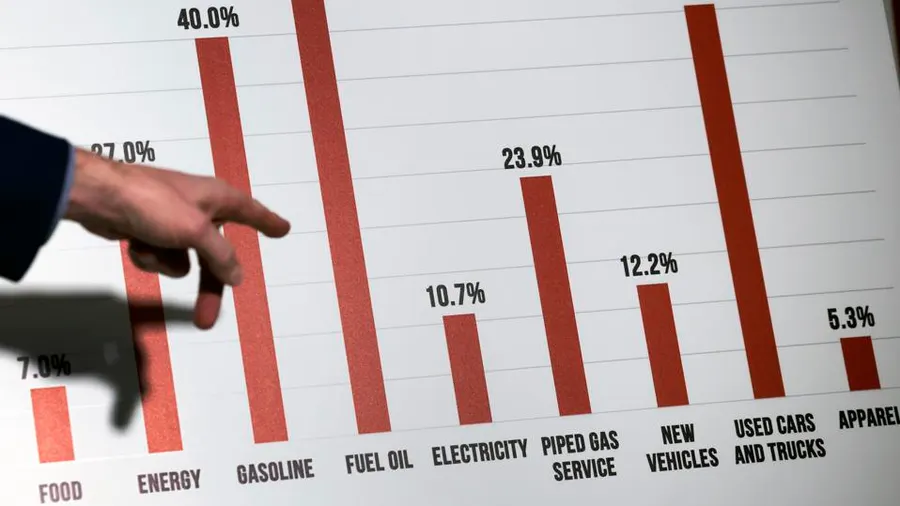
Promoting Economic Growth
An environment that is more favourable to economic growth can be produced by a moderate and steady rate of inflation. Since they can usually raise their prices to offset increased production costs in an inflationary climate, it encourages companies to expand and invest in new technology. Investments of this nature have the potential to increase economic output overall and create jobs.
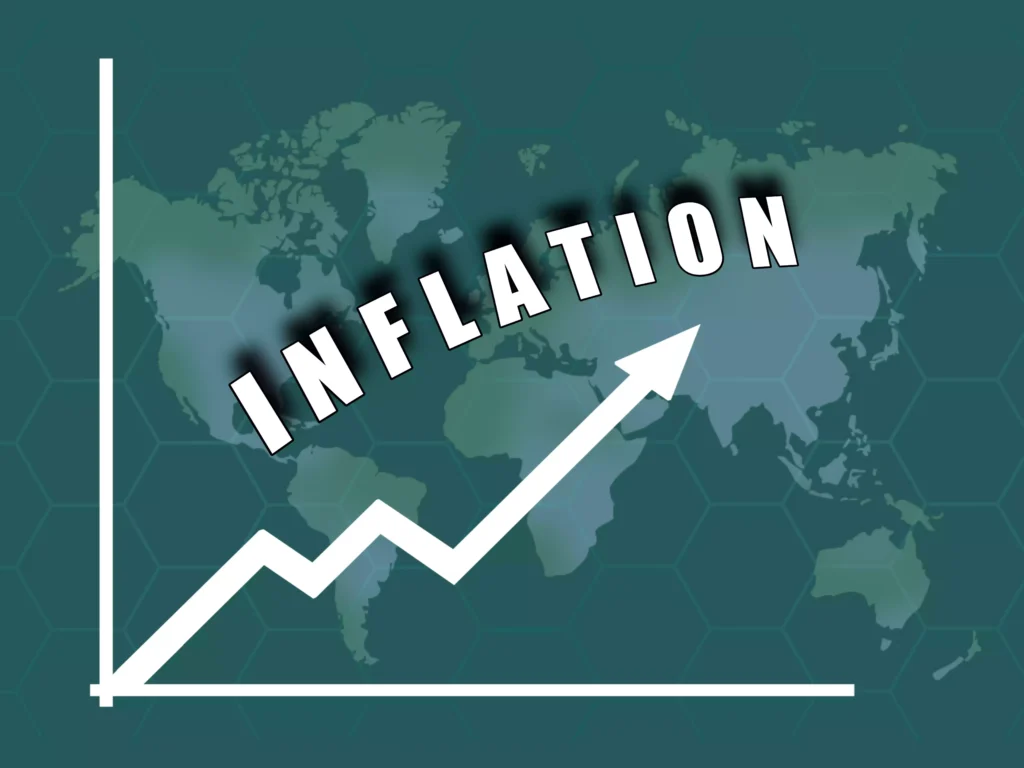
Adjusting Relative Prices
Relative price adjustments can be made easier by inflation. Resources are distributed more effectively when prices of various commodities and services fluctuate in response to consumer demand and market forces. For example, if the price of a specific good or service increases relative to others, it can signal to producers and consumers to shift resources toward its production or consumption.
Facilitating Monetary Policy
Central banks often use inflation targeting as a tool to manage the economy. By targeting a specific inflation rate, central banks can adjust interest rates and implement other monetary policy tools to control inflation and achieve their economic goals. This approach allows for a more predictable and stable economic environment.
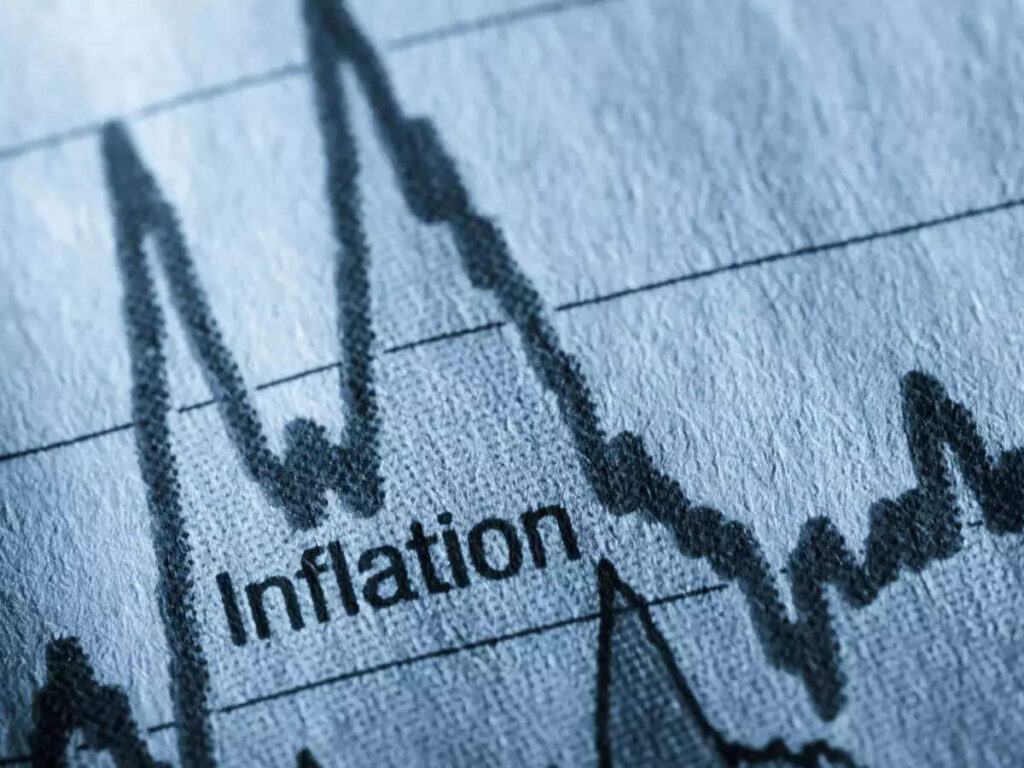
Conclusion
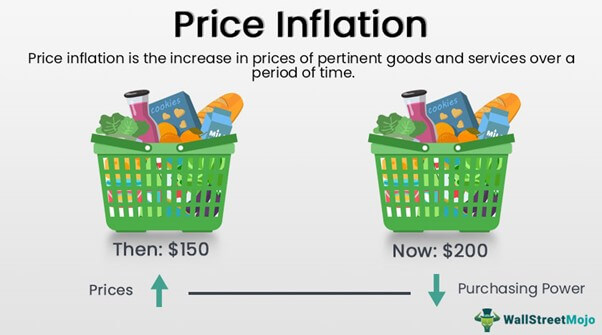
Controlling inflation is a fine balancing act for a nation like India. The government and central bank must take steps to contain inflation while maximising its benefits so that it doesn’t become unmanageable and severely affect people’s purchasing power, particularly those with fixed incomes. To achieve this, a combination of conservative monetary and fiscal policies with efficient financial market supervision and regulation is needed. Therefore, one can say inflation is a double-edged sword. While high and unpredictable inflation can have detrimental effects on an economy, moderate and well-managed inflation can be beneficial.
If you liked this reading, and want to read more of our handcrafted blog posts, visit our Blog page.
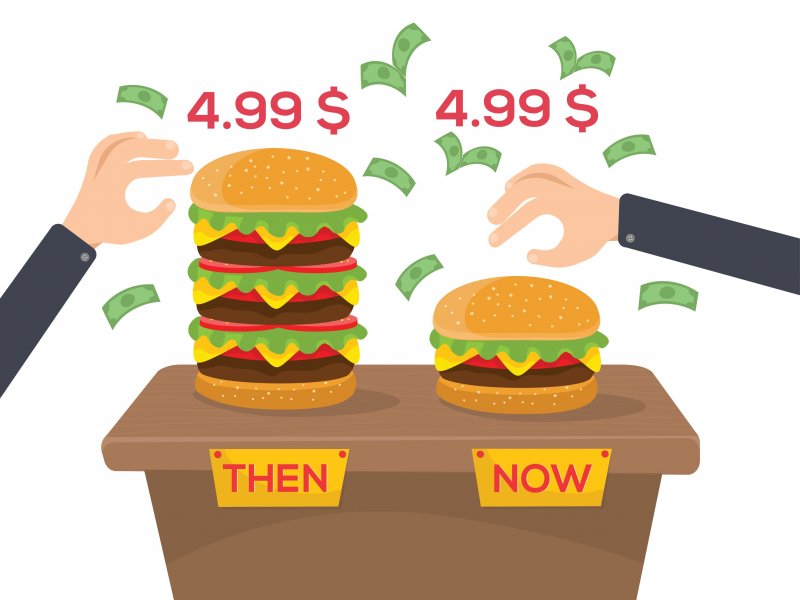
No responses yet